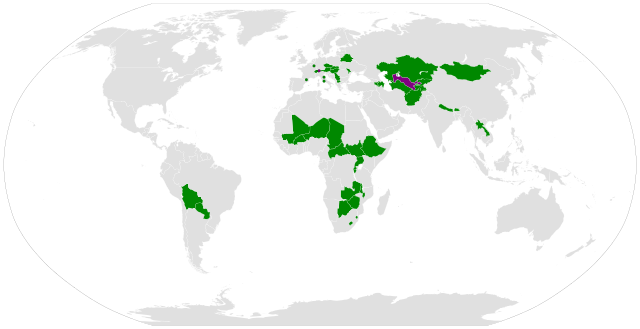From December 2022, non-European Union nationals who do not require a visa to enter the Schengen area, will need to request prior authorisation to visit Schengen countries.
You will be able to apply online for authorisation via the European Travel Information and Authorisation System (ETIAS).
The ETIAS authorisation is not a visa. Nationals of visa liberalisation countries will continue to travel the EU without a visa but will simply be required to obtain a travel authorisation via ETIAS prior to their travel. ETIAS will be a simple, fast and visitor-friendly system, which will, in more than 95% of cases, result in a positive answer within a few minutes.
An ETIAS travel authorisation does not reintroduce visa-like obligations. There is no need to go to a consulate to make an application, no biometric data is collected and significantly less information is gathered than during a visa application procedure. Whereas, as a general rule, a Schengen visa procedure can take up to 15 days, and can in some cases be extended up to 30 or 60 days, the online ETIAS application only takes a few minutes to fill in. The validity will be for a period of three years, significantly longer than the validity of a Schengen visa. An ETIAS authorisation will be valid for an unlimited number of entries.
The ETIAS travel authorisation will be a necessary and small procedural step for all visa-exempt travellers which will allow them to avoid bureaucracy and delays when presenting themselves at the borders. ETIAS will fully respect this visa-free status; facilitate the crossing of the Schengen external border; and allow visa free visitors to fully enjoy their status.
The exact date on which these changes will come into force is not yet clear.
